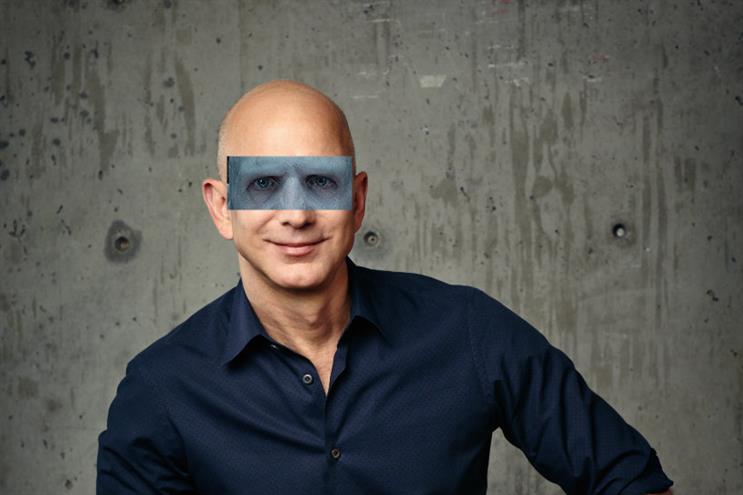I worked on hundreds of case studies and pieces of analysis. Throughout all those reports and documents, one famous name was noticeable by its absence.
In case there was any doubt, a new report stated that in 2016, it was predicted Amazon will take $0.51 of every dollar of remaining e-commerce growth in the US
Like Voldemort in Harry Potter, this name could not be spoken for fear it would summon up dark forces which would devour us all.
Well, it seems someone has said this name out loud once too often. Because, lo, Amazon’s Jeff Bezos is here - and he is peckish.
A flurry of activity from "the world’s biggest store" is putting the willies into a lot of very, very big brands. And boy, are they right to be scared.
First, on 2 February this year, the New York Times reported that Sandeep Mathrani, chief executive of the mall operator General Growth Properties, was answering questions from analysts about foot traffic in malls when he blurted, "Amazon’s goal is to open, as I understand, 300 to 400 bookstores."
That sound? Global retailers shitting themselves.
Because with that single statement, the era of pure-play e-commerce sites was pronounced dead, done over by Amazon’s considerable muscle and the ongoing difficulties of "Last Mile" fulfilment.
In case there was any doubt, a new report stated that in 2016, it was predicted Amazon will take $0.51 of every dollar of remaining e-commerce growth in the US.
Imagine yourself at pure-play e-commerce retailers Net-A-Porter, who, back in September 2015 teamed up with Italian digital retailer Yoox for strength in numbers. Now they know for sure they will never be able to compete with Amazon on price or fulfilment and so what’s left? Unless it shifts strategy, it is practically dead in the water. That morning espresso must be tasting especially bitter.
On 29 February, Jeff moved again. Amazon announced it would start selling fresh food and groceries in a tie-up with the fourth-largest British supermarket, Morrisons. Shares in Ocado, an online-only grocer, plummeted by 10% at the news.
According to The Economist, Ocado hoped the intervention of the American giant would just increase the market for online groceries as a whole, which is rather like hoping Putin’s invasion of Crimea will increase the chances of world peace as a whole. Britain’s grocery market is worth about £180bn ($254bn) a year. Jeff is going to enjoy counting that money.
Then, last week, Jeff quietly announced Amazon was looking for drivers for Amazon Flex, an Uber-style delivery service.
This announcement came after Amazon said it would lease a fleet of jets and drones to cope with a peak delivery periods.
The reason? Fedex and UPS’s costs have risen 83% in the last ten years, outpacing US inflation, with no major improvement in service. When that happens, you know an industry is ripe for disruption.
The truth is Amazon still enjoys such significant advantages – capital, tech, reach and of course it doesn’t yet need to make a profit – that it can apply overwhelming force in markets it enters. Going up against Jeff can be suicide.
And Jeff wants to own the whole shebang: digital, delivery and the high street. That’s where the money is and he has the muscle to beat out everyone except Alibaba. If you work in one of those sectors right now, here’s my advice: get a picture of Jeff Bezos and hang it over your desk. It’ll help concentrate your mind.
Because, as one wag has noted, it’s Jeff’s – and Mark’s and Tim’s and Larry’s and Sergey’s – world, we just shop and share in it.
At least some of these guys have started paying their taxes. Sigh.


